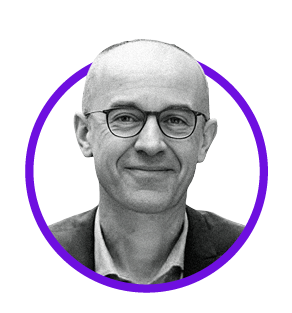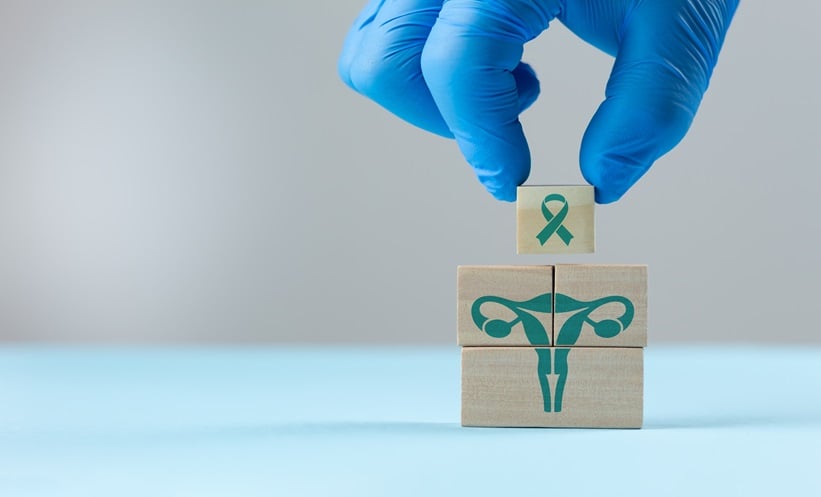Onc Now | Episode 27
In this episode, Viktor Grünwald shares his journey through a remarkable career in oncology, his focus on urogenital cancers, and his hopes for the future of cancer treatment. From reflections on research to European Society for Medical Oncology (ESMO) 2025 predictions and the promise of precision medicine, Grünwald offers an insightful look at evolving therapies and the pursuit of higher cure rates.

Viktor Grünwald is a Professor of Urological Oncology at the University Hospital of the University of Duisburg-Essen in Germany. At the Essen University Hospital, he leads innovative work in the medical treatment of patients with urogenital cancers. He has been instrumental in advancing therapies for kidney, bladder, and prostate cancers, and continues to shape clinical practice in this field.
Timestamps:
00:00 – Introduction
01:03 – Reflections on his career
02:06 – Balancing research, clinical duties, and teaching
03:10 – Specialising in urogenital cancers
04:50 – Viktor’s hobbies and interests
05:47 – Current landscape of genitourinary cancers
09:09 – Treatment modalities
11:09 – The CLEAR study
12:54 – European Society for Medical Oncology (ESMO) 2025 predictions
15:57 – The potential of precision medicine
19:09 – Viktor’s three wishes for healthcare
Disclaimer: The opinions expressed in this episode belong to the speakers and do not necessarily represent the opinions of EMJ.
Disclosure: Grünwald has received honoraria from Bristol Myers Squibb, Ipsen, Eisai, MSD Oncology, Merck Serono, AstraZeneca, Advanced Accelerator Applications (acquired by Novartis), Astellas Pharma, Amgen, Johnson & Johnson/Janssen, Telix Pharmaceuticals, Gilead Sciences, and Roche; research funding from Amgen, MSD Oncology, Bristol Myers Squibb, Seattle Genetics (now Seagen; acquired by Pfizer), Ipsen, Gilead Sciences, Bicycle Therapeutics, Exelixis, Novartis, Roche, and Johnson & Johnson/Janssen, with payment to the institution; travel/accommodation/expenses from Pfizer, Janssen, Merck Serono, Ipsen, and Amgen; and held consulting or advisory roles for Bristol Myers Squibb, Pfizer, Novartis, MSD Oncology, Ipsen, Janssen-Cilag, Eisai, Debiopharm, Gilead Sciences, Oncorena, Synthekine, and Recordati.
The CLEAR study was sponsored Eisai and Merck Sharp & Dohme.







